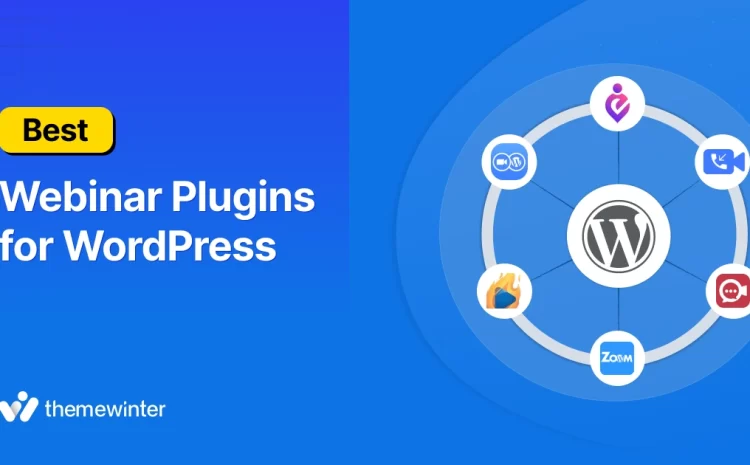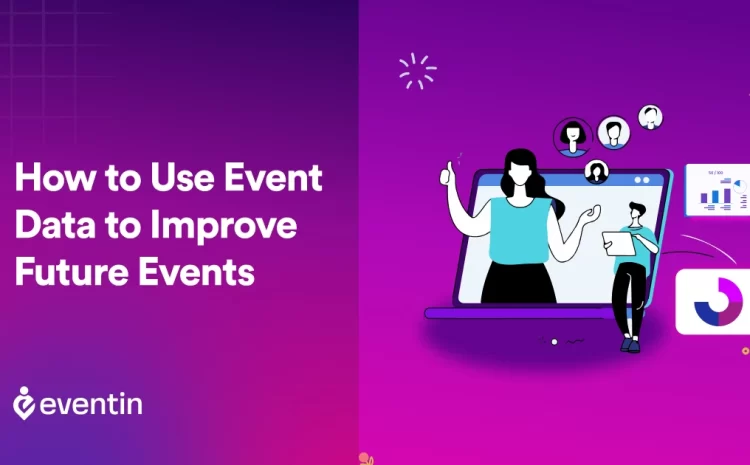How to Become an Event Planner: A Beginner’s Guide
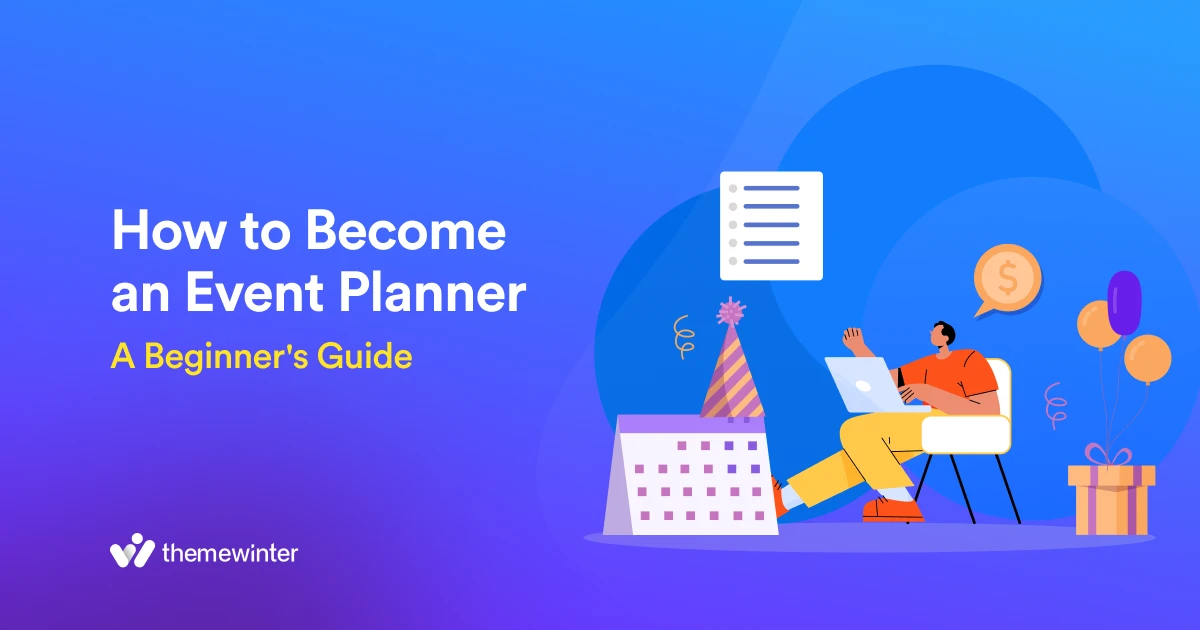
Table of Contents
So, you’re thinking about becoming an event planner?
Good choice. It’s one of those careers where no two days look the same. One day you might be planning a small birthday party, and the next you could be coordinating a full-scale corporate event or a virtual conference with hundreds of attendees.
The best part? You don’t always need a formal degree to get started. What matters most are your skills — organization, communication, problem-solving, and the ability to stay calm under pressure.
Pair those with the right tools and a solid plan, and you can build a successful career in event planning.
In this guide, we’ll learn exactly what an event planner does, the qualifications you may (or may not) need, and the steps to start your journey.
So keep reading…

What does an event planner do?
Event planners are the architects of experiences. Their job is to turn an idea into a real event that runs smoothly, stays on budget, and leaves guests with lasting memories. Whether it’s a wedding, a product launch, or a virtual conference, event planners handle the details so clients don’t have to.
Here’s what their work usually includes:
- Understand client needs – Discuss goals, audience, budget, and expectations to set a clear vision.
- Create the event design – Develop the theme, look, and flow of the event — from stage design and décor to guest engagement.
- Plan and manage budgets – Build a realistic budget, track every expense, and make sure nothing goes over limit.
- Find and manage venues – Research locations, negotiate contracts, and arrange essentials like catering, lighting, and seating.
- Coordinate vendors and partners – Work with florists, caterers, entertainers, AV teams, and more to bring the plan to life.
- Oversee logistics – Schedule timelines, manage invitations, handle registrations, and ensure smooth guest check-ins.
- Manage the event day – Supervise setup, guide teams, solve last-minute issues, and keep the schedule on track.
- Handle post-event wrap-up – Collect feedback, review results, and create reports to measure success.
Beyond the basics
Modern event planners also:
- Adapt events for virtual and hybrid formats using platforms like Zoom, Hopin, or Eventin.
- Focus on sustainable practices such as eco-friendly décor and digital invitations.
- Use tech tools and software for ticketing, scheduling, budgeting, and attendee engagement.
- Apply soft skills like communication, negotiation, leadership, and problem-solving — often the difference between a stressful event and a successful one.
👉 In short, event planners are part project manager, part designer, part strategist, and part crisis manager. Their real value lies in balancing creativity with organization to deliver experiences that clients and guests never forget.
Skills required to become an event planner
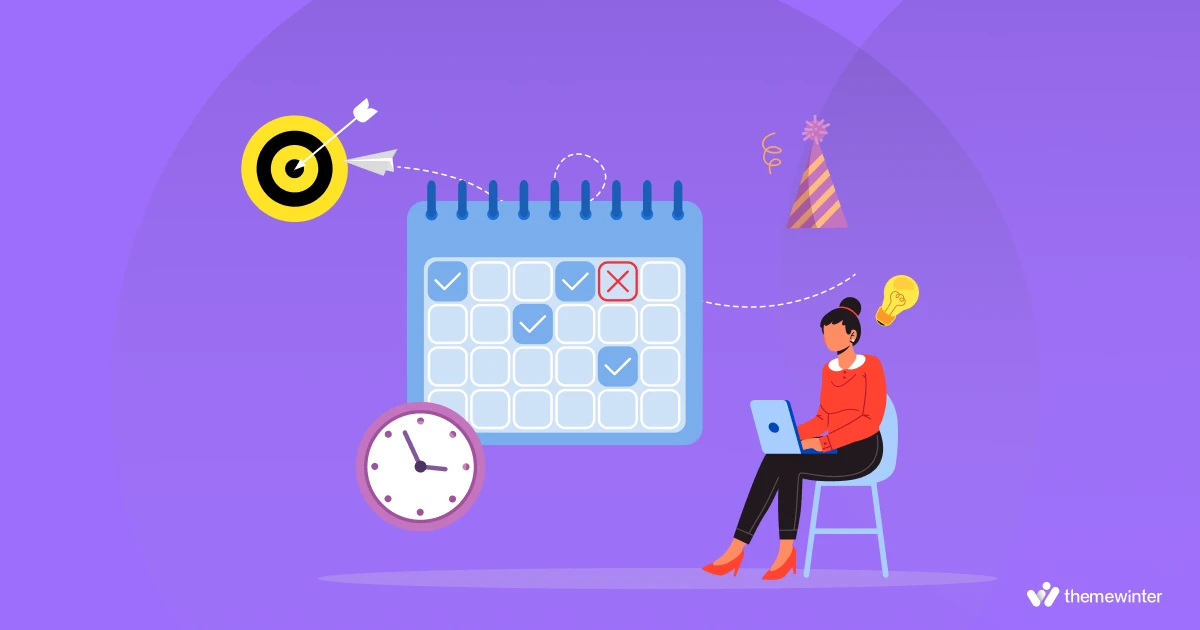
If you’re new to event planning, the list of skills might feel a little challenging. Don’t worry — nobody is born knowing how to negotiate with vendors or manage a guest list of 500 people. These are skills you build over time.
The good news? If you enjoy organizing, helping people, and bringing ideas to life, you already have the foundation.
Here are the skills that matter most, and how you can start developing them:
- Organization – Planners deal with budgets, schedules, and vendors. Start small: organize a family gathering or a community event to practice keeping everything in order.
- Communication – Events are teamwork. If you can explain ideas clearly and listen to others, you’re already on the right track. Practicing with clients or vendors just sharpens this skill.
- Creativity – This is about finding solutions and making experiences memorable. Even simple touches like unique seating layouts or themed menus can show your creative side.
- Problem-solving – Things rarely go 100% to plan. A good planner doesn’t panic — they adjust. Begin by handling small challenges calmly, like rethinking a plan when something’s unavailable.
- Negotiation – You don’t need to be a tough salesperson. Negotiation is simply about asking questions and aiming for win-win deals with venues and suppliers.
- Attention to detail – Guests notice the small touches. Practice by creating simple checklists for every project you do. Over time, detail becomes second nature.
- Time management – Deadlines are part of every event. Even learning to break tasks into smaller steps for daily goals helps build this skill.
- Customer service – Clients want someone who listens and cares. If you can make people feel valued, you can build lasting relationships.
- Adaptability – Events can change fast (weather shifts, guest changes, tech issues). Being flexible instead of stressed is a big win.
- Tech know-how – Today’s planners use tools for ticketing, budgeting, or live-streaming. Start with free tools like Google Calendar or Trello before moving to advanced event software.
✨ The key takeaway: You don’t need to master all of these skills on day one. Start with what you’re good at, practice through small events, and grow step by step. With each event, you’ll build confidence and add new skills to your toolkit.
How to become an event planner?
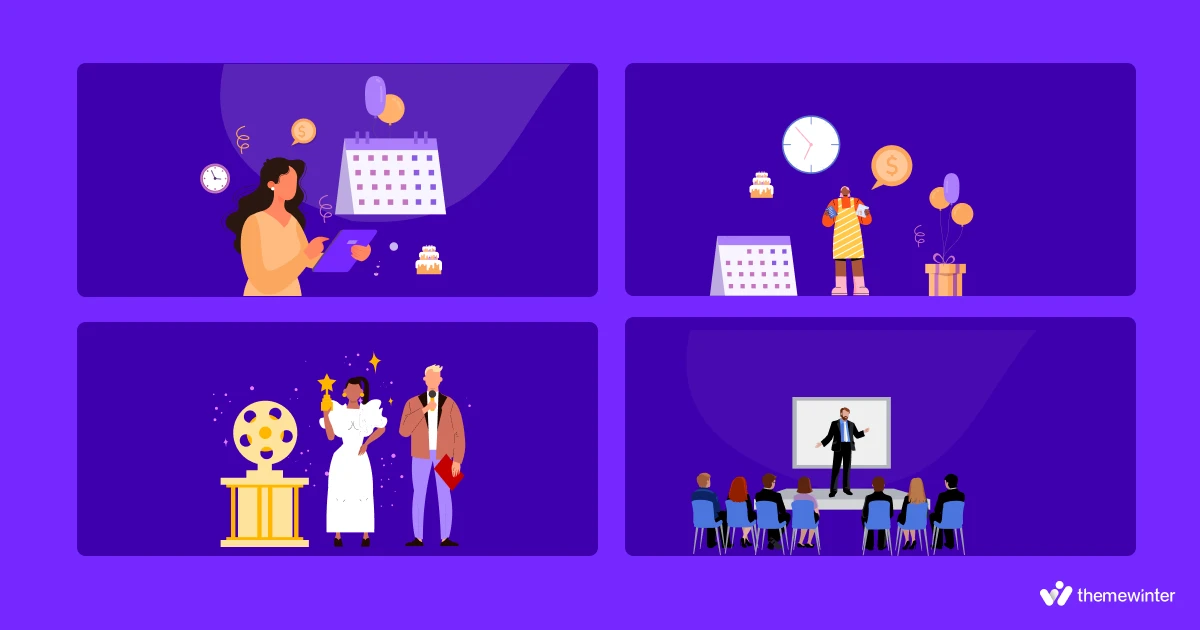
1. Complete event planning professional courses ( 3-6 months)
To begin your journey as an event planner, start with a professional course that teaches the fundamentals of event management. These courses provide a strong foundation, boost your confidence, and prepare you for real-world projects.
Many colleges and universities offer certificates or short programs in event planning and hospitality management. You can also find flexible online courses and certifications, ideal if you’re working or managing other responsibilities.
📍 Note: A bachelor’s degree isn’t required to start, but if you want to build a long-term, successful career in event planning, enrolling in a bachelor’s program is highly recommended.
You can start with:
- Short certificate programs in event planning or hospitality.
- Online courses you can finish at your own pace (great if you’re working or studying something else).
- Free resources, workshops, or even volunteering to build real experience.
These learning paths usually cover topics like:
- Event design and production
- Budgeting and financial management
- Marketing and promotion
- Venue selection and contract negotiation
- Risk management and safety
- Vendor and stakeholder management
💁 Related reading: How to Create a Smart Event Budget for The Maximum Growth (With Examples)- Read more…
2. Develop skills + learn event-planning tools
The best way to grow in event planning is through practice. Every event — big or small — teaches you how to manage people, time, and resources.
Start by helping out at community gatherings, school programs, or company workshops. These small steps build confidence and give you real experience you can show in your portfolio.
Alongside practice, it’s important to get comfortable with the tools professionals use to stay organized:
- Event management software – Tools like Eventin make it simple to handle registrations, tickets, certificates, calendar sync, and attendees.
- Project management platforms – Trello, Asana, and Nifty keep track of tasks, deadlines, and team responsibilities.
- Budget tracking – Google Sheets or Excel are reliable for keeping expenses clear and under control.
- Communication apps – WP Timetics, Booktics, Google Meet, and Zoom help you coordinate with clients, vendors, and teams, especially for online or hybrid events.
💡 Tip for beginners: Don’t feel pressured to master every tool at once. Pick one tool for tasks and one for communication, then add more as you grow. The goal is progress, not perfection.
3. Gain industry experience (Pick a specialization)
Event planning is one of those careers where real experience matters more than anything else.
The more events you work on, the better you’ll understand how to handle challenges, manage people, and keep everything on track. Volunteering, internships, or even helping with family and community events can give you valuable practice.
As you explore different types of events, you’ll likely find one area that excites you more than others. That’s where specialization comes in. Choosing a niche makes it easier to stand out, attract the right clients, and build a strong reputation.
Here are a few popular specializations to consider:
- Weddings – From ceremonies to receptions, wedding planning focuses on creating memorable, once-in-a-lifetime moments.
- Corporate events – Includes conferences, seminars, product launches, and office parties, often with large budgets and professional goals.
- Social events – Planning birthdays, anniversaries, and private celebrations where personal touches matter most.
- Non-profit & charity events – Fundraisers, galas, and community programs that combine planning with a sense of purpose.
- Virtual & hybrid events – Webinars, online conferences, and live-streaming experiences that are now a core part of modern event planning.
✨ Beginner tip: You don’t have to pick a niche right away. Try out different event types first — your specialty will often reveal itself as you gain experience and see what you enjoy most.
5. Create a portfolio and prepare your resume
Your portfolio is your proof. It shows clients or employers that you can take an idea and turn it into a successful event. Even if you’re just starting out, you can build a portfolio that highlights your potential.
Here’s what to include:
- Event photos – Add pictures of events you’ve planned, volunteered for, or assisted with. Even small community events count.
- Project details – Include a short write-up: What type of event it was, your role, the budget range, and the outcome.
- Client or team feedback – Collect testimonials from people you’ve worked with (teachers, friends, nonprofits, or companies).
- Certifications & training – Add any relevant courses or certifications, such as event management, project management, or design.
- Skills showcase – Show sample checklists, budgets, or mood boards to demonstrate your planning process.
💡 Beginner Tip: Don’t wait until you have big clients. Start with what you have — even a well-organized birthday party or school event can be part of your first portfolio.
Resume Preparation
When creating your event planner resume:
- Highlight transferable skills (organization, communication, customer service).
- Add any event-related experience, even if it was unpaid or volunteer work.
- Tailor your resume for the type of event planning job you want (weddings, corporate, freelance, etc.).
Helpful resources (Free)
- 📘 Canva Event Portfolio Templates – Free, customizable portfolio layouts.
- 📘 Novo Resume Builder – Easy tool for creating professional resumes.
✨ Pro Tip: Turn your portfolio into both a PDF (for job applications) and an online version (like a simple website or LinkedIn showcase). Having both increases your visibility.
6. Network with event professionals
In event planning, who you know is just as important as what you know. Building strong connections can help you find new clients, discover job opportunities, and learn tricks of the trade from people who’ve been in the industry for years.
Here are some beginner-friendly ways to grow your network:
- Join professional associations – Groups like Meeting Professionals International (MPI), the International Live Events Association (ILEA), or the National Association for Catering and Events (NACE) give you access to resources, workshops, and networking meetups.
- Attend industry events – Conferences, trade shows, and local business expos are great places to meet suppliers, venues, and other planners face-to-face. Even volunteering at these events can expand your network.
- Be active online – Platforms like LinkedIn, Instagram, and Facebook groups have thriving communities of event planners. Share your work, ask questions, and join conversations to get noticed.
- Find a mentor – An experienced event planner can guide you, share insights, and even connect you to their professional circle. Many associations and online communities offer mentorship programs.
- Collaborate with peers – Teaming up with photographers, caterers, or designers can not only build your portfolio but also strengthen long-term professional relationships.
💡 Beginner tip: Networking doesn’t mean handing out business cards everywhere. Start small — comment on a LinkedIn post, join a group discussion, or introduce yourself at a workshop. Over time, these small steps can lead to real opportunities.
Helpful resources
- 🌐 Meeting Professionals International (MPI)
- 🌐 International Live Events Association (ILEA)
- 🌐 National Association for Catering and Events (NACE)
- 🌐 LinkedIn Event Planning Groups – Search “Event Planner” or “Event Management” groups.
7. Market your services
Getting clients as an event planner isn’t just about having the skills — people need to know you exist. Marketing helps you showcase your work, build trust, and attract the right opportunities.
Here are simple ways to start:
- Build a professional website – A website acts as your online home. Use it to display your portfolio, list of services, and share testimonials.
Grow Your Event Planning Business with Eventin
If you’re a WordPress user, the Eventin plugin makes things easier by adding powerful features directly to your website. That way, potential clients not only see what you do but can also book, register, and engage with your services right away.
📅 Event Calendars
Show upcoming events in clean, customizable calendars.
🎟 Ticketing
Sell and manage event tickets with secure payment options.
📌 Booking
Enable attendees to register or book seats instantly.
- Share your work on social media – Post photos, behind-the-scenes stories, and client reviews on Instagram, Facebook, and Pinterest. These platforms are visual and perfect for event planning content.
- Connect locally – Partner with venues, photographers, caterers, and other vendors in your area. Word-of-mouth referrals are often the fastest way to grow.
- Offer beginner promotions – Simple referral bonuses or first-time discounts can help you get your first few clients and build your reputation.
- Be visible on Google – Set up a Google Business Profile so local clients can easily find you. Add keywords like event planner, wedding planner, or corporate event planner to your website and blog content for better search visibility.
💡 Pro tip: Start small. Even one well-designed website with Eventin, a social page, and a Google listing is enough to begin marketing yourself like a pro.
Final word
Starting a career in event planning isn’t about having everything figured out on day one. It’s about taking steady steps — building skills, gaining experience, connecting with others, and learning from every event you work on.
The industry will keep changing — from virtual events to new tools and trends — but if you stay flexible and open to learning, you’ll always be in demand.
✨ With passion, consistency, and the right tools, you can grow into a confident event planner who brings visions to life and makes a real impact.
Frequently asked questions
Q: Is it stressful being an event planner?
-Yes, event planning can be stressful due to the tight deadlines, high expectations, and potential for unexpected problems. But you can make it joyful if you enjoy it.
Q: What event planners make the most money?
-Usually, event planners who specialize in high-end corporate events, weddings, or large-scale festivals often make the most money.
Q: Why do event planners fail?
-Event planners can fail due to factors such as poor time management, lack of budgeting, absence of attention to detail, or inability to handle unexpected challenges.
Q: What is the hardest part of event planning?
-The hardest part of event planning is often budgeting, managing multiple tasks and deadlines simultaneously, and ensuring that the event meets the client’s expectations and runs smoothly.
